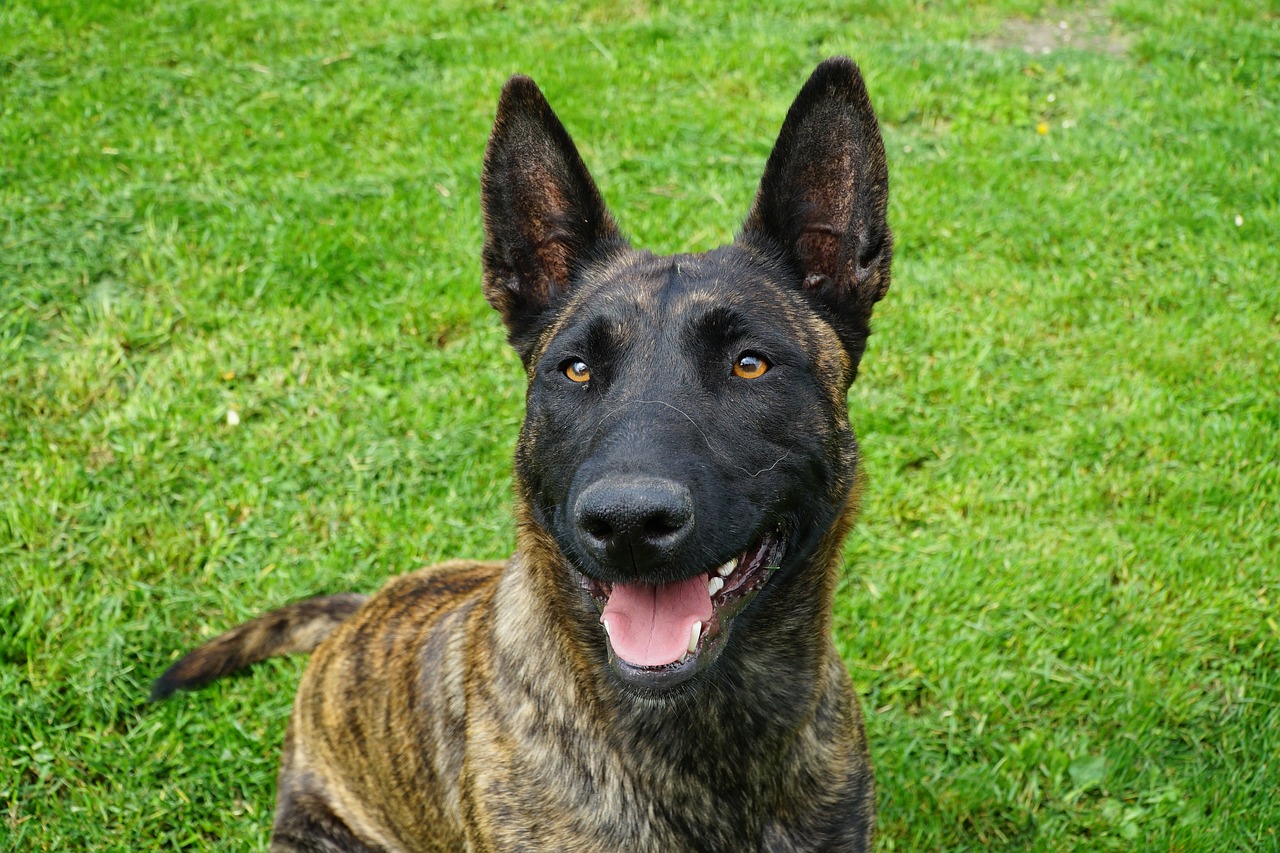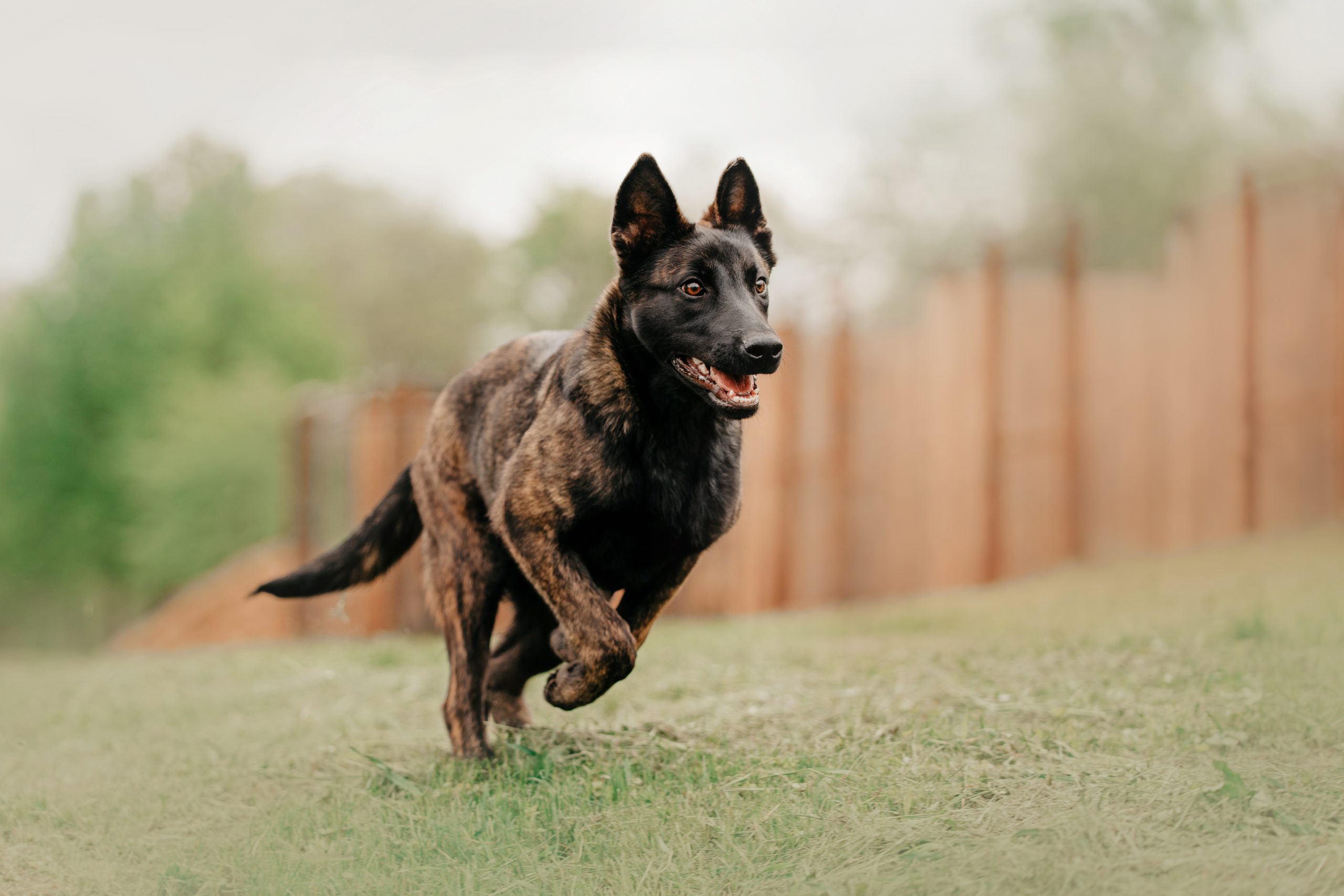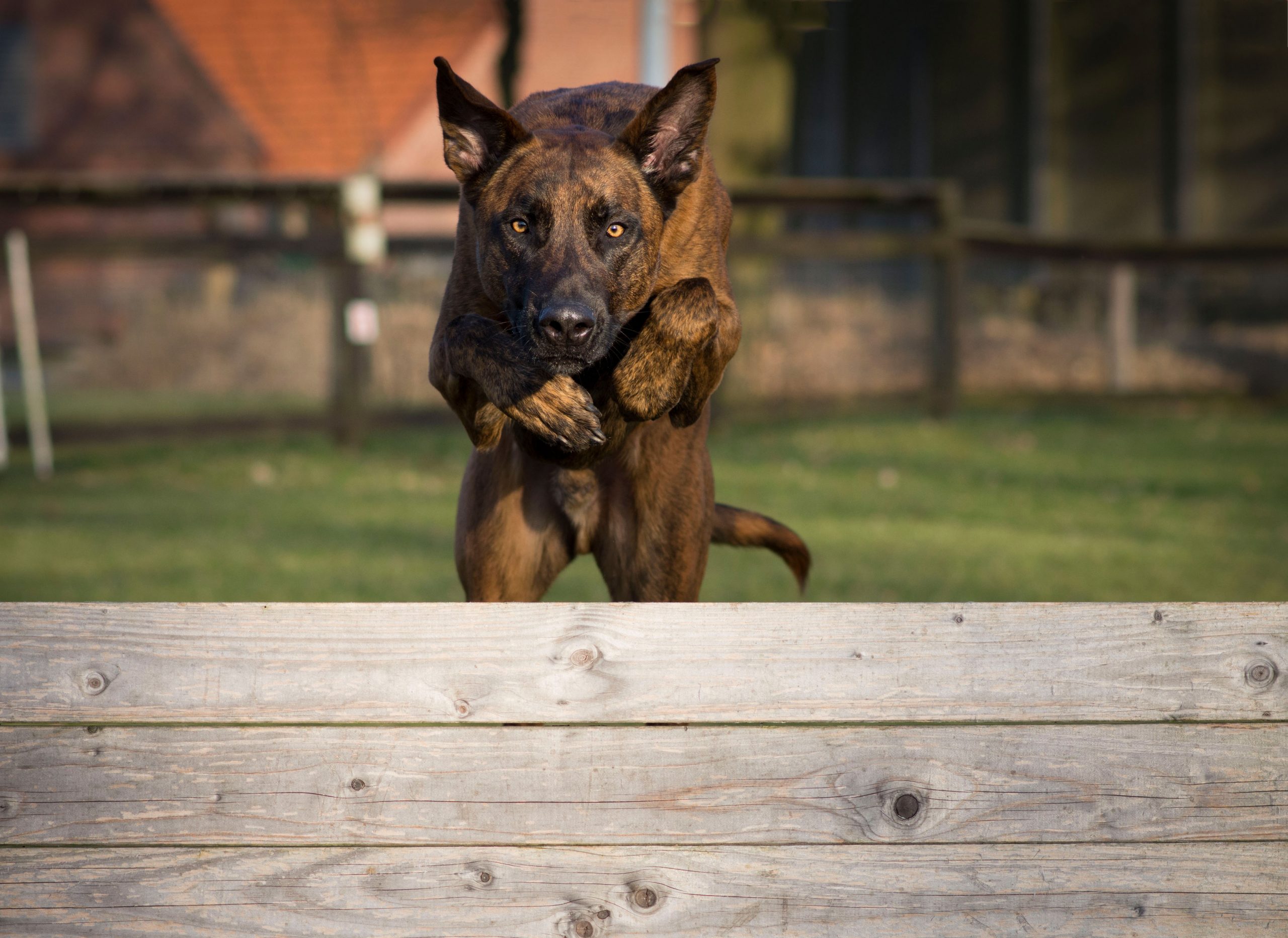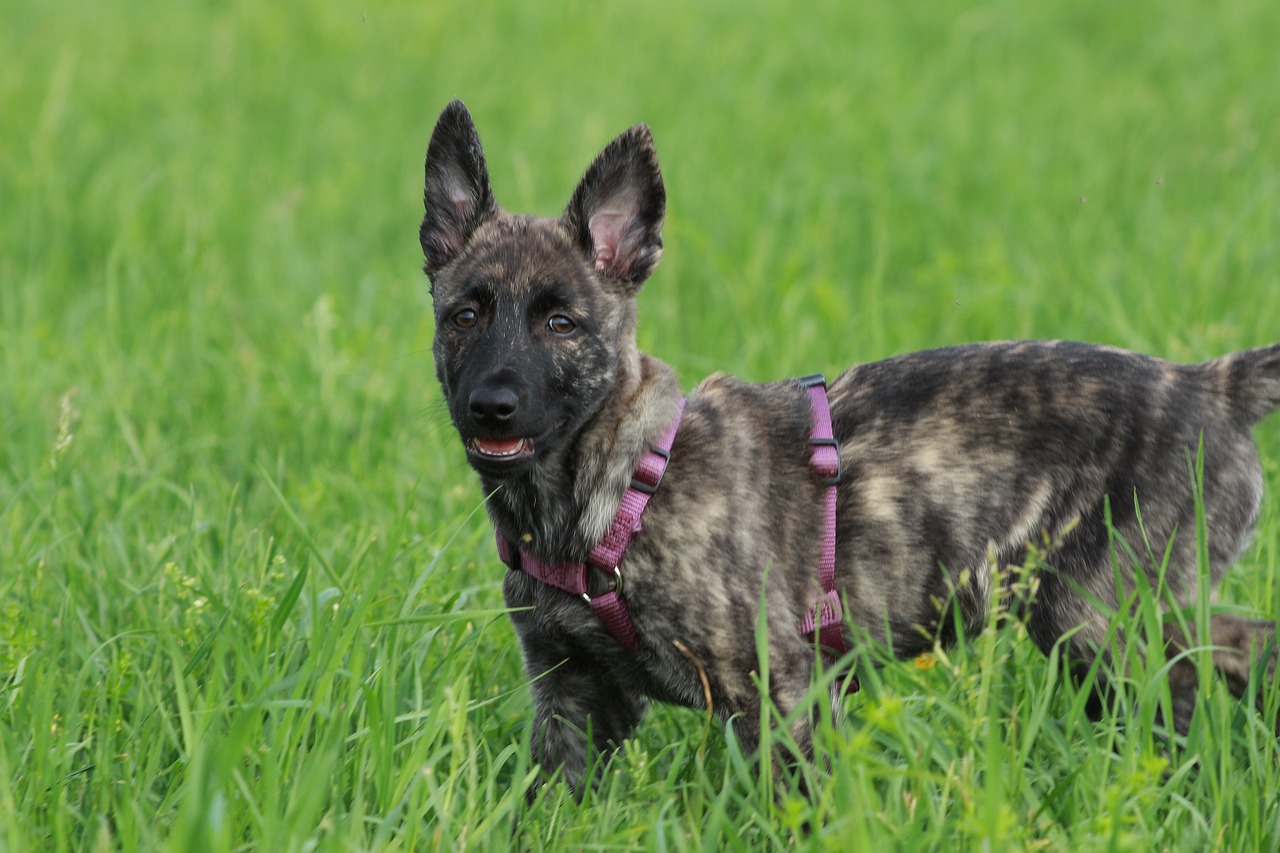Dutch Shepherds
No products found which match your selection.
Shelter Dog Meal Donation Count:
No products found which match your selection.
The Dutch Shepherd is a versatile and hardworking dog, originally used for herding. They excel in various canine sports and activities due to their intelligence and athleticism.
The Dutch Shepherd is a jack-of-all-trades, originally used in the Netherlands for herding, guarding, and farm work. Their versatility makes them suitable for various roles, including police work and canine sports.

The breed originated in the Netherlands in the late 1800s. They were prized for their ability to adapt to various tasks on farms and were known for their endurance and intelligence.




Generally a healthy breed but can be prone to hip dysplasia and hereditary eye diseases. Regular health screenings and genetic testing are recommended.
Grooming needs vary by coat type. Short-haired and long-haired varieties require regular brushing, while the rough-haired varieties may need occasional professional grooming.
High energy levels necessitate daily exercise. Activities like walking, running, and canine sports are great ways to stimulate them physically and mentally.
Highly intelligent and eager to learn, they excel in obedience training. Consistency and positive reinforcement are key.
A balanced diet is essential for their size, age, and activity level. Portion control and high-quality dog food are important to maintain their health and fitness.
Dutch Shepherd is an exceptional breed for active families or individuals who can provide a structured, engaging, and loving environment. They can be loyal and highly capable companions with proper care, training, and nutrition.
The Dutch Shepherd, known for its agility and intelligence, is generally a healthy breed but, like all breeds, can be predisposed to certain health issues. Awareness and proactive health testing can help maintain their well-being. Here's a list of common health issues in Dutch Shepherds and the recommended tests for these conditions:
Ensuring that Dutch Shepherds undergo these health tests can help in the early detection and management of these conditions. Regular veterinary check-ups, a balanced diet, and maintaining a healthy lifestyle, including appropriate exercise, are key factors in promoting the long-term health of Dutch Shepherds.
The iHeartDogs Free Rx Discount Card Program is a pet prescription discount card that can help you save money on your furry friend’s medications. The card is free to sign up for, and you can use it at participating pharmacies nationwide. To use the free program, simply show the card to your pharmacist when you pick up your pet’s prescription. The pharmacist will then scan the card, and you will receive a discount on the price of the medication.LEARN MORE
Caring for a Dutch Shepherd involves various expenses, and the total annual cost can vary depending on factors like your location, the dog’s individual health needs, and the level of care you provide. Here’s a breakdown of the typical expenses involved in caring for a Dutch Shepherd:
Total Estimated Annual Cost:
$3050 - $8500
It's important to note that these figures are estimates and can vary. Also, the first year of owning a dog can be more expensive due to one-time costs like spaying/neutering, initial vaccinations, and training. Regular budgeting for your dog's needs and an emergency fund for unforeseen costs are essential for responsible pet ownership.